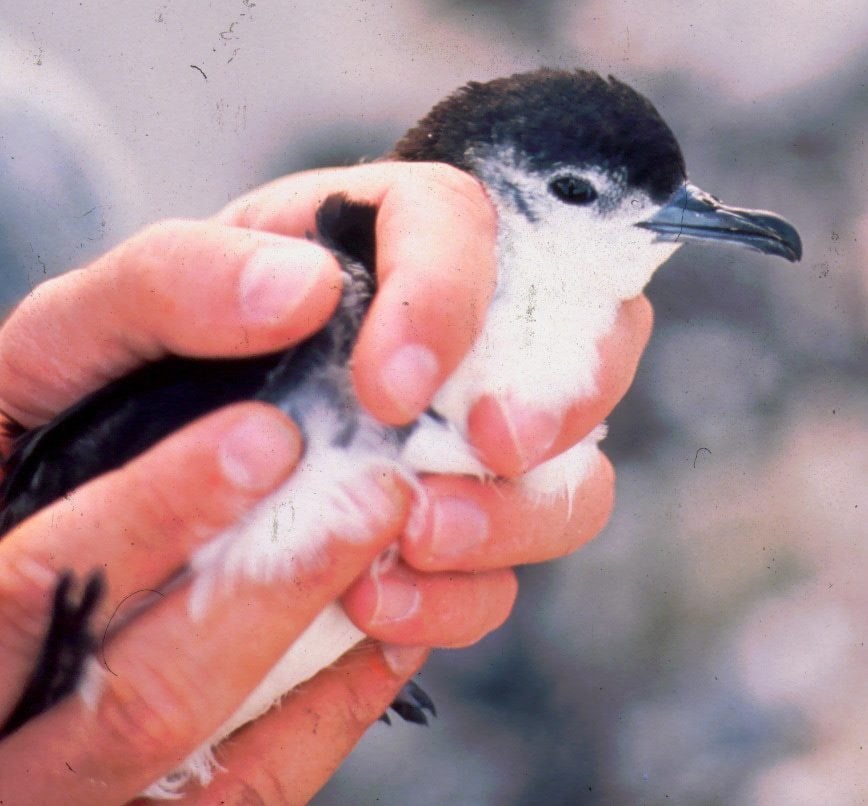Join us on Thursday March 21 in Berkeley for a fascinating look at the wonders and risks of trans-Pacific migration, featuring wildlife biologist Peter Pyle.
Find out how Pacific Ocean migrants overcome the hardships and risks of long-distance travel over the inhospitable and food-deprived central Pacific. The great flights of Black-footed Albatrosses, which come 4,000 miles to California to get food for their chicks, will be a primary focus. His talk will also include Great White Sharks and other marine animals, and the over-water journeys of various shorebirds, land birds, insects, and bats. Peter will put all of this information into a conservation context.
For 24 years, Peter Pyle was a Farallon Island biologist, studying bird, bat, and butterfly migration as well as the habits of the Great White Shark. He currently works for the Institute for Bird Populations, where he researches changes in the abundance, distribution, and ecology of North and Latin American bird populations. He is also a research associate at the California Academy of Sciences in San Francisco and the Bishop Museum in Honolulu. In 2011 Peter had the fortune of describing a new bird species, Bryan’s Shearwater, and naming it after his grandfather.

